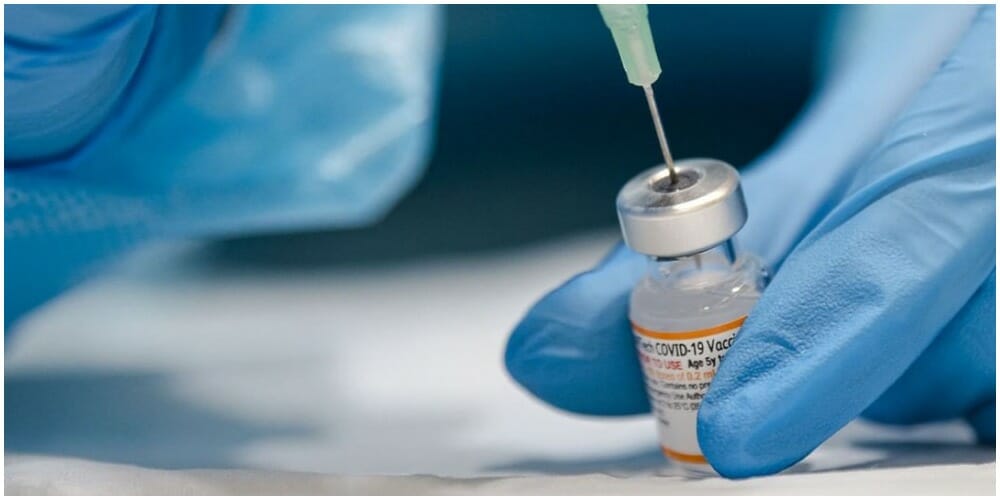A Research Professor at the Nigeria Institute of Medical Research (NIMR), Lagos, Prof. Richard Adegbola, on Friday advised the country to consider safety as a key element in vaccine production.
Adegbola gave the advice during the implementation strategy meeting on COVID-19 vaccine development held at NIMR in Lagos.
The News Agency of Nigeria (NAN) reports that the initiative, funded by the Federal Government through TETFund, is engaging both health and educational institutions to fast-track COVID-19 vaccine development in Nigeria.
The institutions involved are: Usman DanFodiyo University, Sokoto, National Veterinary Research Institute, Vom near Jos and the Nigerian Institute of Medical Research, Lagos.
Others are National Research Institute for Chemical Technology, Zaria and the Faculty of Veterinary Medicine, University of Jos.
Adegbola said the institutions need to be cautious when producing the covid19 vaccine
“I want to sound with a note of caution because I know we are passionate about this”
“Vaccine production is different from when you are making drugs or chemicals because safety is very crucial”
“In a bid of trying to make vaccine that will protect people against a certain disease or diseases the key element is that it must be able to stimulate immune response that will protect people when exposed”
“In the process of of protecting them from the disease being vaccinated against safety should be considered so they don’t get something that is toxic or rectogenic in the process”
“Come out with a roadmap on what can be done within short-term, mid-term and also strategies on the long-term”
“Vaccination should also be put into consideration because there is no point making a vaccine that will not get to the people who need to be vaccinated and that is why vaccine does not protect but vaccination does”
Adegbola who was elected as a member of Sabin Vaccine Institute Board of Directors in Washington D.C. noted that Africa produced only one per cent of vaccination being used in the continent.
Adegbola also a consultant in Immunization and Global Health at RAMBICON in Lagos added that producing a vaccine in our settings would help to evaluate the efficacy of such vaccine.
“I don’t think the vaccines available now are the best for Africans because none of them has been evaluated here”
“Nobody will take a vaccine in the U.S. or UK that has not been evaluated in their settings and a vaccine that has a high efficacy in the UK may or may not have high efficacy here in Africa” he said
